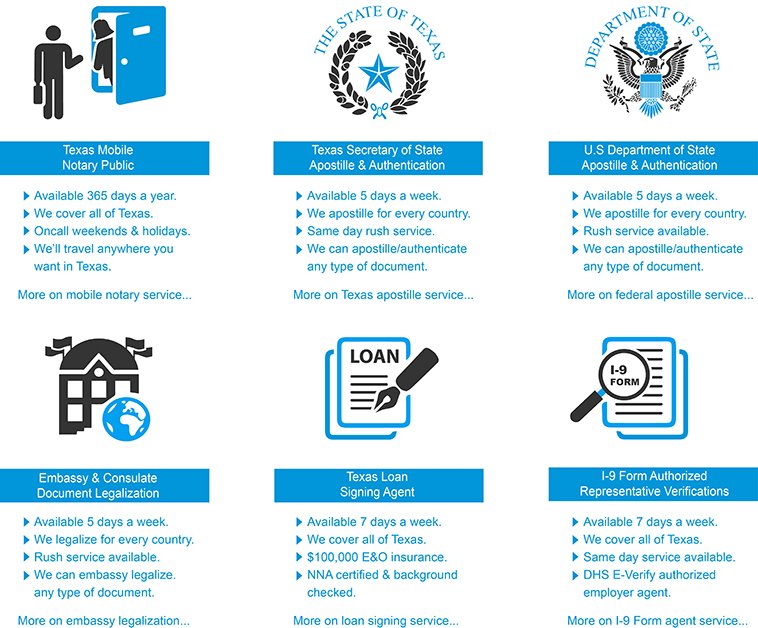Notary Public: Your Trusted Witness and Document Authenticator
Notary Public: Your Trusted Witness and Document Authenticator
Blog Article
Debunking Notarial Work: Streamlining the Function and Importance of Notaries
In the detailed internet of lawful documents and verification, notaries stand as pillars of guarantee and authenticity. Their function, usually shrouded in mystery for several, carries significant weight in guaranteeing the credibility and integrity of important papers. As guardians of legitimacy and reality, notaries play a crucial part in our culture, yet their job is not always completely comprehended. By unwinding the intricacies dropping and bordering notarial techniques light on the relevance of their acts, a more clear understanding arises of the important function notaries play in supporting the fabric of lawful and legal arrangements.
The Background of Notarial Work
The background of notarial work dates back to old civilizations, where scribes played a critical function in videotaping essential info and validating documents. This led to the advancement of notaries, individuals assigned by the state to act as objective witnesses in legal matters.
Throughout the Center Ages, notaries acquired prominence in Europe, with their functions increasing to consist of preparing lawful records, accrediting trademarks, and maintaining documents. The increase of international trade further stressed the value of notarial job in confirming agreements and agreements throughout borders.
In the contemporary era, notaries continue to play a vital duty in legal and organization purchases by validating identifications, validating the authenticity of files, and avoiding scams. Their role in licensing the credibility of contracts includes a layer of protection and depend the ever-evolving landscape of commerce and legislation.

Duties and Responsibilities of Notaries
Notaries play a vital duty in confirming the credibility of files and the identification of signatories. One of their key obligations is to witness the signing of crucial records, such as wills, actions, and agreements, to make certain that all celebrations are getting in right into agreements purposefully and voluntarily.
Furthermore, notaries are charged with providing affirmations and vows, which are critical in lawful procedures and the implementation of testimonies. They accredit duplicates of initial files, providing guarantee to establishments that the copies hold true reproductions of the originals. Notaries have to maintain precise documents of all transactions they oversee to guarantee openness and accountability. Overall, the tasks and obligations of notaries are crucial in securing the stability and legitimacy of numerous documents and deals.
Notarial Certificates and Signatures
Exemplifying meticulous interest to information, notarial certifications and trademarks work as necessary components in validating the authenticity of lawful documents. Notarial certifications usually contain critical information such as the day of notarization, the names of the signatures, a summary of the record, and the notary's official seal. These certifications supply a clear document of the notarial act, guaranteeing that the file can be quickly determined and mapped back to the notary that supervised the procedure.
Trademarks play an essential duty in notarial job, as they represent the arrangement and authorization of the celebrations entailed. Notaries carefully witness the signing of files to validate the identity of the notaries and verify that they are signing of their very own free choice. By fastening their official seal and trademark to the document, notaries license that the essential treatments have actually been followed and that the file is enforceable and valid.
Basically, notarial certifications and trademarks are the characteristic of authenticity in legal deals, providing assurance to all celebrations entailed that the papers are legitimate and binding.
Relevance of Notarial Acts
Notarization Refine Explained
The notarization process generally starts with the specific presenting the file to a notary public. As soon as the identification is verified, the notary makes certain that the individual authorizing the file does so voluntarily and without any kind Conveyancer of coercion.

Final Thought

Notarial certifications usually include crucial info such as the day of notarization, the names of the signatories, a summary of the document, and the notary's main seal. These certificates provide a clear record of the notarial act, guaranteeing that the document can be easily determined and traced back to the notary that managed the procedure.
By affixing their main seal and trademark to the record, notaries certify that the essential procedures have been complied with and that the paper is legitimate and enforceable.
By verifying the identity of the signatories, confirming their determination to get in into the contract, and accrediting the date and location of the finalizing, notaries play a critical duty in maintaining the credibility of legal records.After the document is signed, the notary will attach their official seal or stamp onto the record.
Report this page